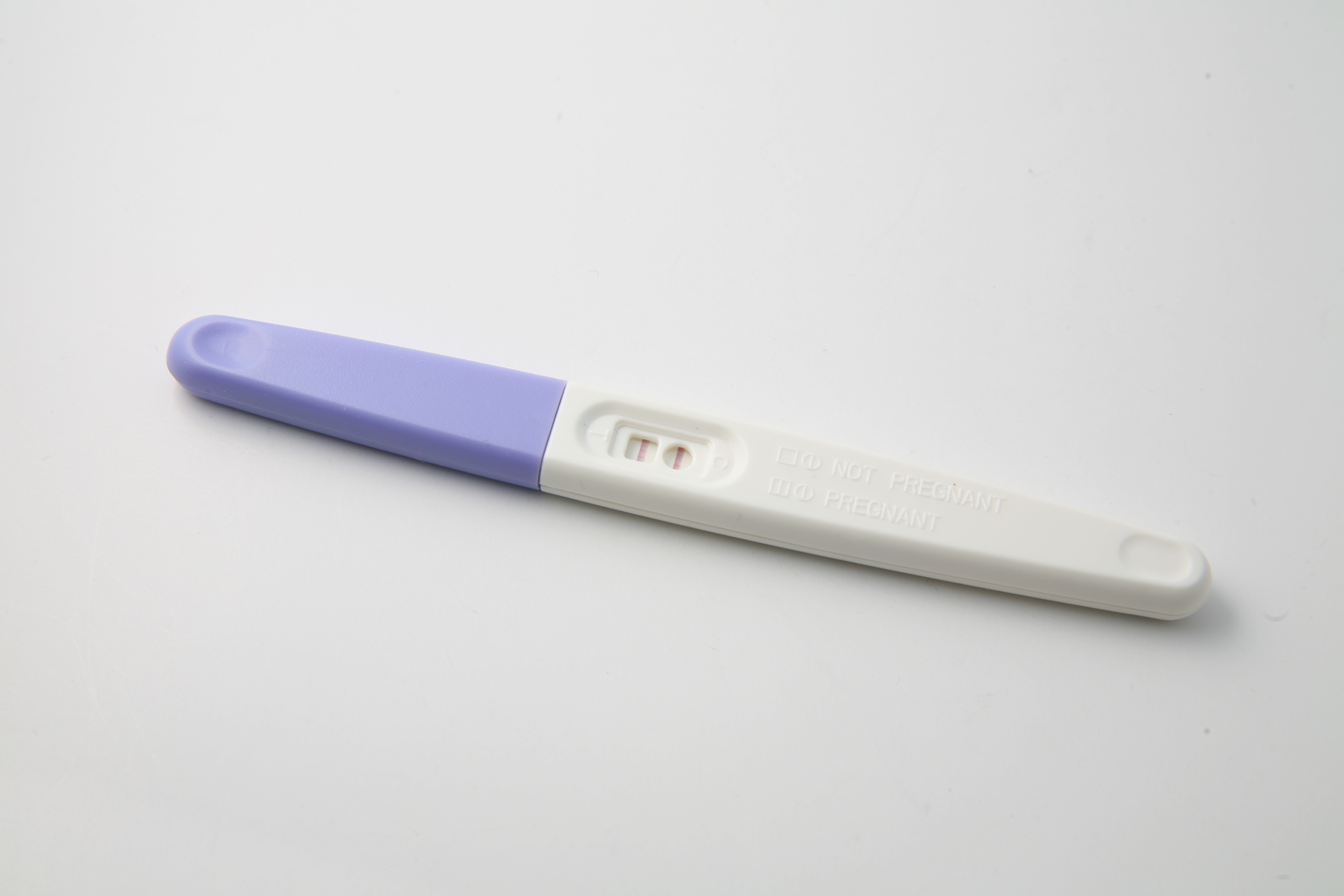'A Queer Tax.' New Lawsuit Alleges Aetna Discriminates Against LGBTQ People Seeking Fertility Treatment
By Madeleine Carlisle,
TIME
| 09. 14. 2021
When Emma Goidel was denied coverage for her fertility treatments in September 2020, she was furious. A 31-year-old writer in New York City, Goidel and her partner were excited to try for a baby—and Goidel had begun intrauterine insemination (IUI) treatments to get pregnant that fall. But when she applied for those treatments to be covered by her partner’s Aetna Student Health Plan at Columbia University, she says she was denied—because she had not yet met Aetna’s definition of infertility.
The policy defines infertility as not becoming pregnant after 12 months of regular, unprotected heterosexual sex—or 12 months of therapeutic donor insemination. (The window shortens to 6 months if the person seeking to get pregnant is 35 or older.) Only then does Aetna’s plan cover IUI and in vitro fertilisation (IVF) treatments.
But Goidel and her partner are a same sex couple—their course of action to get pregnant is IUI or IVF. And they were told by Aetna, Goidel claims, that they would only receive coverage if they paid for the first 12 months of fertility treatments out of their...
Related Articles
By Dana Mattioli, The Wall Street Journal | 04.15.2025
Image "Elon Musk" by Debbie Rowe on Wikimedia Commons
licensed under CC by S.A. 3.0
Ashley St. Clair wanted to prove that Elon Musk was the father of her newborn baby.
But to ask the billionaire to take a paternity...
By Emma McDonald Kennedy
| 04.24.2025
A Review of Eggonomics: The Global Market in Human Eggs and the Donors Who Supply Them by Diane M. Tober
A recent journalistic investigation of the global egg trade at Bloomberg put the industry’s unregulated practices and their exploitative implications back in the spotlight. Diane Tober’s book Eggonomics: The Global Market in Human Eggs and the Donors Who Supply Them, published in October of last year, delves even more deeply into the industry with a thorough examination of egg...
By Sarah Jones, Intelligencer | 04.17.2025
From the Natalism website
Elon Musk may not have appeared at the Natal Conference in Austin, Texas, this year, but he didn’t have to. The very concept of pronatalism owes its current prominence to him and his obsession with fertility...
By Staff [cites CGS' Katie Hasson], Radio New Zealand | 04.05.2025
At a time where some countries are struggling with low birth rates, the voices for pronatalism are getting louder. But it’s who’s sounding the call for more babies that has people talking.
Tech giant Elon Musk has fourteen children and...




